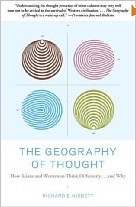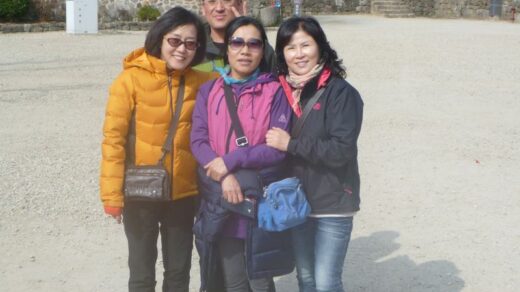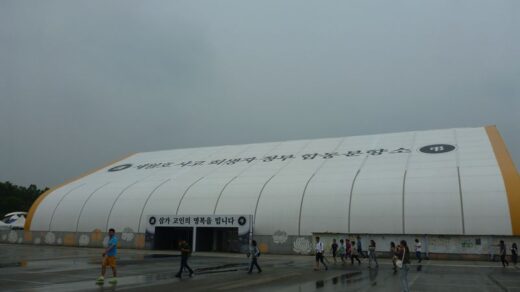This book was a struggle for me, partly because I had so much trouble determining what it was that I was reacting to in Nisbett’s arguments. A summary follows of the book’s position from page 100:
“To the Asian, the world is a complex place, composed of continuous substances, understandable in terms of the whole rather than in terms of the parts, and subject more to collective than to personal control. To the Westerner, the world is a relatively simple place, composed of discrete objects that can be understood without undue attention to context, and highly subject to personal control. Very different worlds indeed.”
His fundamental position that Asians and Westerners think differently is surely not controversial, but, in my opinion, he takes things way too far. What Westerner would really say that the world isn’t complex? Or that we don’t need to understand the whole? Even if we allow for being categorical like this, I really wonder if the basic reasons listed by Nisbitt are valid. For example, he says that the differences go back directly to the founding of the respective civilizations in Greece and China and explains how each civilization represented the above stereotypes down through the ages. But is this true? Or did he just pick examples that proved his points?
 Indeed, in some cases, his examples prove his points. For example, at one point he says that Anglo-American scholars don’t tend to create broad-ranging theories, whereas those from German and Russia do. But this is silly in the extreme. Has he never heard of John Locke, Adam Smith or Charles Darwin?
Indeed, in some cases, his examples prove his points. For example, at one point he says that Anglo-American scholars don’t tend to create broad-ranging theories, whereas those from German and Russia do. But this is silly in the extreme. Has he never heard of John Locke, Adam Smith or Charles Darwin?
I’m inclined to regard many of the social phenomena which he discusses as being due primarily to more recent events. As an example, Nisbett supposes that a historic lack of debate in Korean society is what led to making the discussion of N. Korea illegal in S. Korea until recently since S. Koreans, based on their lack of experience debating, don’t believe correct ideas will necessarily win out in the marketplace of ideas. But isn’t it simpler to just blame this policy on the self-serving orders of the S. Korean dictators of the 60’s, 70’s and 80’s, rather than on some fundamental character trait of Koreans? The Koreans I know are quite good at arguing and we see it also in the mass social demonstrations against the government throughout the 20th century and even into recent years.
I found it a little too convenient that the author portrays differences in thought processes as being polar opposites, as if these matters always exist on a linear continuum. And some of the author’s comments about how language influences thought didn’t always square with Korean grammar as I know it, which made me wonder if he was occasionally misinformed on the facts. It’s not that he didn’t have plenty of input from Asian colleagues, but perhaps they were also too eager to jump on the bandwagon of describing the thought processes of a bipolar world.
That said, I did end up the book with a grudging respect for Nisbett’s identification of different thought processes of Asians and Westerners and, as long the reader takes some of the more profound insights with a grain of salt, there is a lot to learn about how people in the two cultures tend to think.



